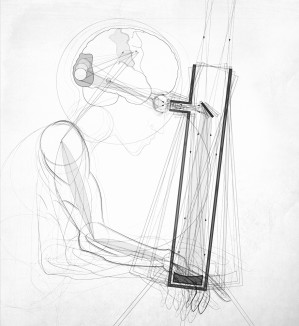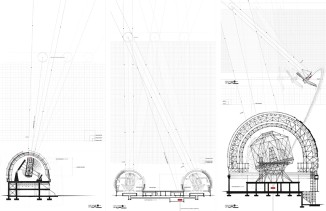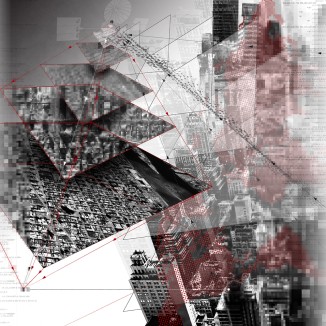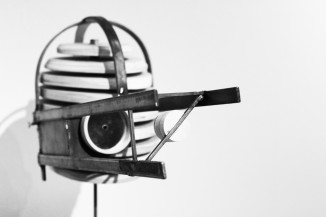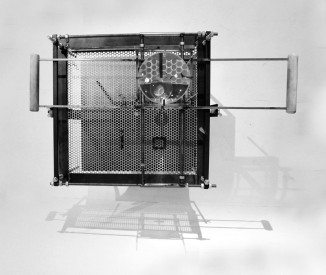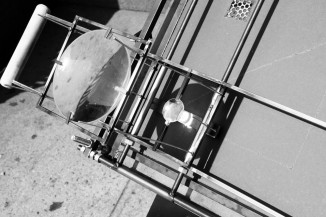Mediated Visual Perception: Observation and Representation through Telescopes
This project questions visual perception where vision is mediated by representations and images created by an optical apparatus. This study seeks to articulate and explore questions of mediated vision by focusing specifically on the telescope. As an instrument of representation, the telescope uses a series of lenses and mirrors to allow objects otherwise too distant, too faint and too massive for direct observation to become captured, scaled down, and translated into analyzable images of record. Thus, cosmology is a profession where perception occurs only through layers of simulacra, rather than through direct engagement with the objects themselves.
As an architect, the role that representation and images (drawings, photographs and renderings) play in informing and impeding our perception of places and objects -especially and specifically when they are the only means of such perception - raises important questions about what is gained or lost in such mediative layers. Fundamentally, what issues underlie an understanding of sensual experience where perception of an object privileges vision over our other senses? What are the limitations of representing an observed object, and at what point does representation transition from being a tool for cognition and imagination to being a veil between subject and object? How does a lack of physical proximity mitigate our ability to perceive objects, and if visual perception, particularly through images, is increasingly what we seek, then what is increasingly absent from what we find? Lastly, as increasingly larger telescopes are built to see deeper into an infinitely large universe, where are the outer limits of not only our ability to represent what we observe, but of human perception in general?

